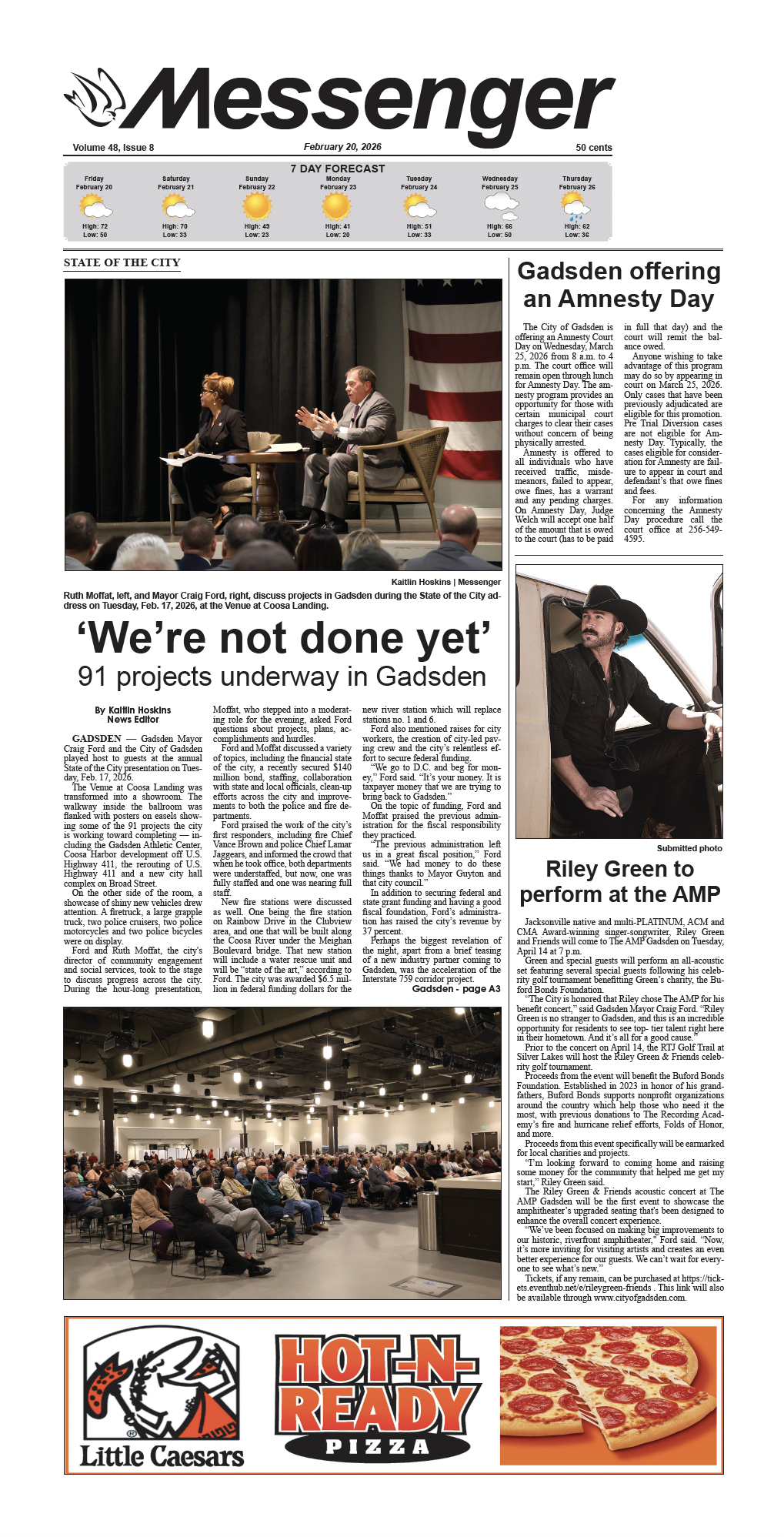By David Williams
One of President Trump’s potential judicial nominees recently appeared before a panel to answer questions. She was asked about the U.S. Supreme Court ruling of Brown vs. The Board of Education. Her reaction said it all. She paused way too long. She stuttered, stammered, faltered and hesitated. When she finally found her voice, she said things better left unsaid. During her answer, she tried to place herself and the listeners in the time and context of the decision. She said she would have supported the ruling of the majority. When asked again, she reiterated her weak response, she did not say whether she would have agreed with the majority opinion or whether or not she would have written a dissenting opinion.
In short, by not saying anything, she said everything. Those of us who watched were taken aback. We instantly condemned her as we played the historical armchair quarterback. But the more I thought about it, we aren’t so different. There are many of us today who still believe that perhaps things were better the old way. Although we might not say it with words, we say it with our actions.
In our very own school system, there appears to be a great divide with an “us versus them” mentality. The unspoken thought is, “No one can or will take care of our children like we will.” If this is true, then Dr. King got it wrong. It isn’t the content of character, it is the color of skin. If I teach a child differently based on that premise, shame on me. If our school board makes hiring decisions based on pigmentation of an individual’s skin, shame on the board. The driving factor should be the greater good. What is best for all the students of our school system? That’s the litmus test. If it isn’t then we are doomed before we get started.
One cannot understand the current situation without reviewing this from an historical perspective. I am convinced that for many minorities, the motive wasn’t so much as segregation as it was not being segregated against. We wanted the right to go the quality school of our choice and the right to sit wherever we wanted on a bus or at a lunch counter. I believe that for the majority, it wasn’t so much a fear of change but rather a fear of lost.
For the longest time, there has been a cry among the minority community to have an elected school board. The community felt disenfranchised and believed that it would be better served by an elected board. The community’s cries fell on deaf ears, with key leaders speaking out against such policies. Now the tables have turned, and it’s the majority requesting an elected school board. How has the debate suddenly changed? Either the idea had merit then and it wasn’t acknowledged, or the idea was bad then and it remains bad now. We can’t have it both ways. It is transparent issues like this that cause alarm.
To some degree, I feel as if I am watching Abraham Lincoln trying to bring together a war-torn and fractured nation. He wanted to unite with malice toward none. He wanted to move forward by giving amnesty if only 10 percent agreed to do the right thing. The radicals had other ideas, and it was their ideas that were eventually implemented. In the end, we all suffer if the driving factor or focus isn’t doing the greater good for all students.
During my tenure in Montgomery, I was in charge of Access and Visitation, a program designed to help custodial and non-custodial parents agree on visitation rights. In most of the cases, there was some history and resentment between the two parties. In order to take personal emotion off the table, I would require the two parties to select an animal and explain how its attributes contribute to being a good parent. At other times, I would have them draw pictures and explain what the picture represented as it pertain to parenting. Once this was done everyone would share. The individual who selected an owl would describe the importance of vision or wisdom. The person who drew a cross or bible would talk how important it was to impart faith to his or her child. As we shared, I pointed out to everyone how much they all had in common. Even though there was emotional baggage, they all wanted what was best for their children.
I believe that is the case here as well. A wise person wants success for his or her child; a wiser person wants success for everyone. If we are only as strong as our weakest links, then let’s make sure that there are a few weak links as possible. Our motives should be pure and our decisions should be data-driven, research-based and for the greater good.
Contact David Williams at david.williams1234@yahoo.com.




